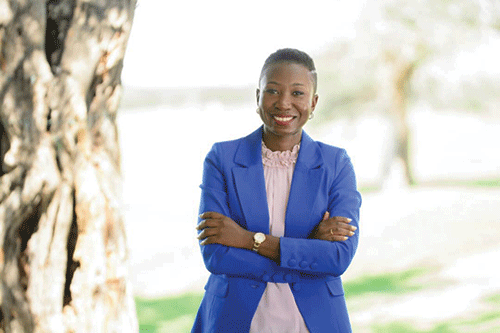David Junias
The more a society lacks a culture of reading, the will to seek knowledge, and placing formal education on a pedestal as the sole influencer of a reading culture in society, it only diminishes a culture of reading. Societies endure an illness of reading apathy. Individuals tend to read only when there is a reward after reading. It is common in the formal education spectrum, where scholars read, mainly with the intention to score passing grades as the reward for reading. Avid reading then diminishes when practically there is no reward for reading. This is common in an informal reading spectrum such as reading for pleasure. Reading for pleasure includes acquiring subjective knowledge, which is different from the formal education spectrum which seeks objective knowledge. The majority rarely read for subjective knowledge, though. Therefore, clearly placing the majority at objective reading. Hast though to only engage in reading when there is a reward, to an extent such as reading to score high academic performances. This is the mindset that, “If I read, I will pass my tuitions”. Consequently, people don’t read anymore, subjectively. It trumps a lack of knowledge in society. A number of societal ills stem from the lack of knowledge and ignorance. For example, the lack of reading culture robs individuals from opportunities. For instance, if a local farmer does not read journals of farming, or simply picking up brochures at farming institutions such as Agribank, it will rob the farmer’s possibilities of enhancing their knowledge in farming, and even missing out on funding opportunities. An attempt to enrich society with extensive knowledge inspired antidotes on society’s lacking culture of reading. The Presidency denied accepting society’s dying reading culture, which prompted the development of a reading group, “#READWITHDAISRY”, championed by the Presidential Advisor on Youth Matters and Enterprise Development, Daisry Mathias. Reading groups sternly fuels knowledge generation into society. Readers are enriched with extensive knowledge, which they would not attain in normal education spectrums. For example, in “#READWITHDAISRY”, every month, accomplices read a book from diverse book genres and fields of study such as arts, sciences, politics, psychology, religion and business.
The writer is an accomplice of “#READWITHDAISRY”, and testifies that avid reading has embarked his perspective and general understanding ability.



